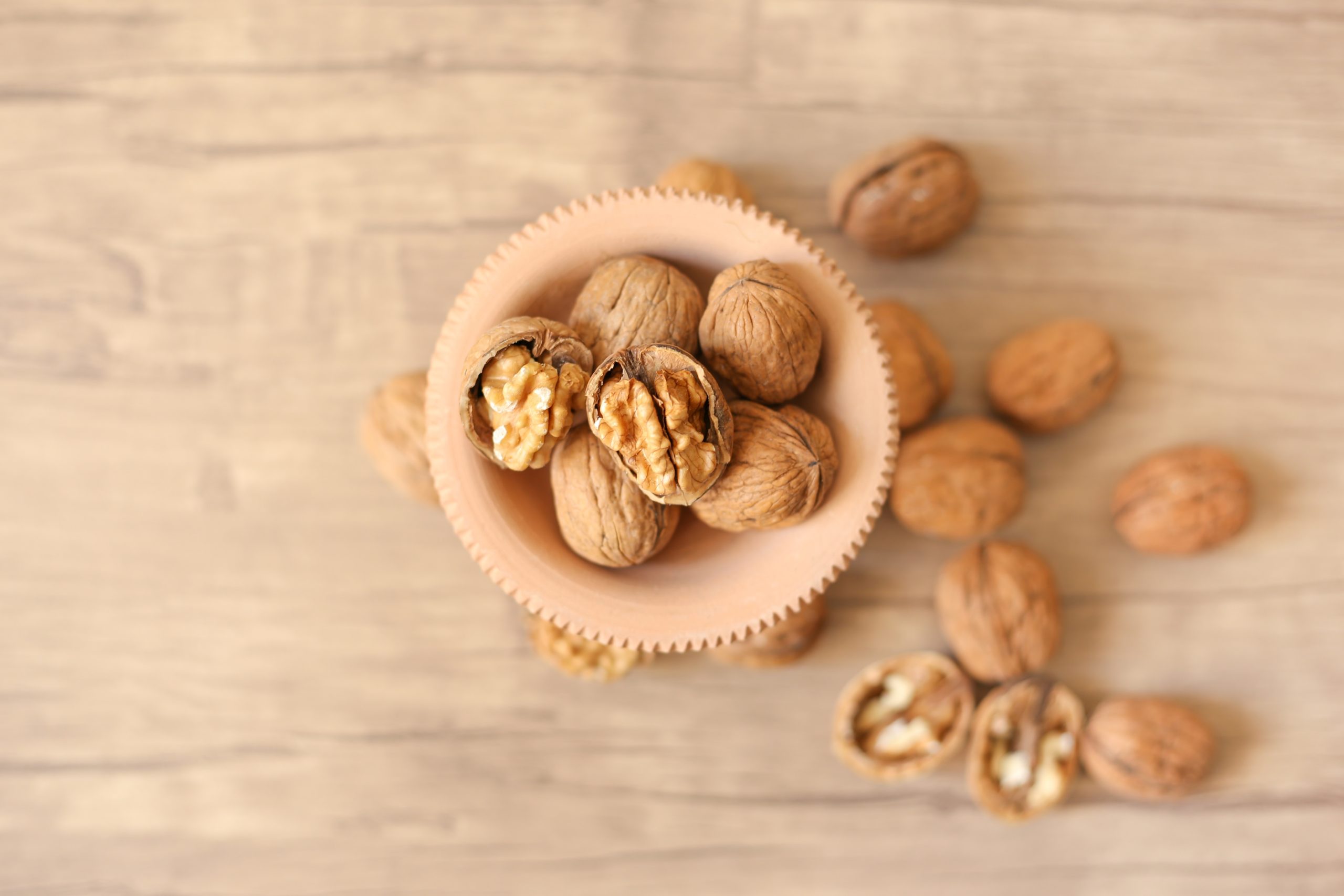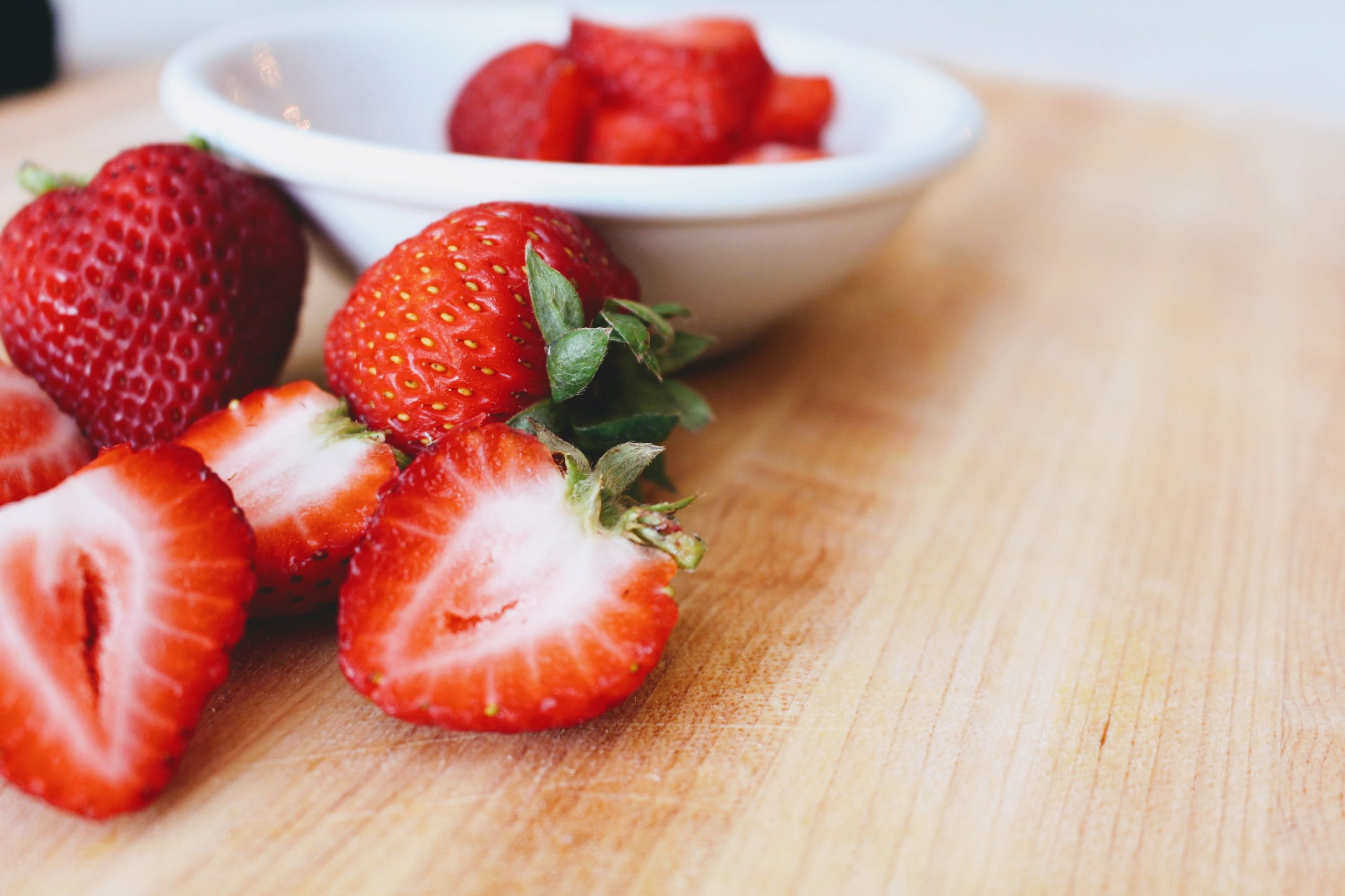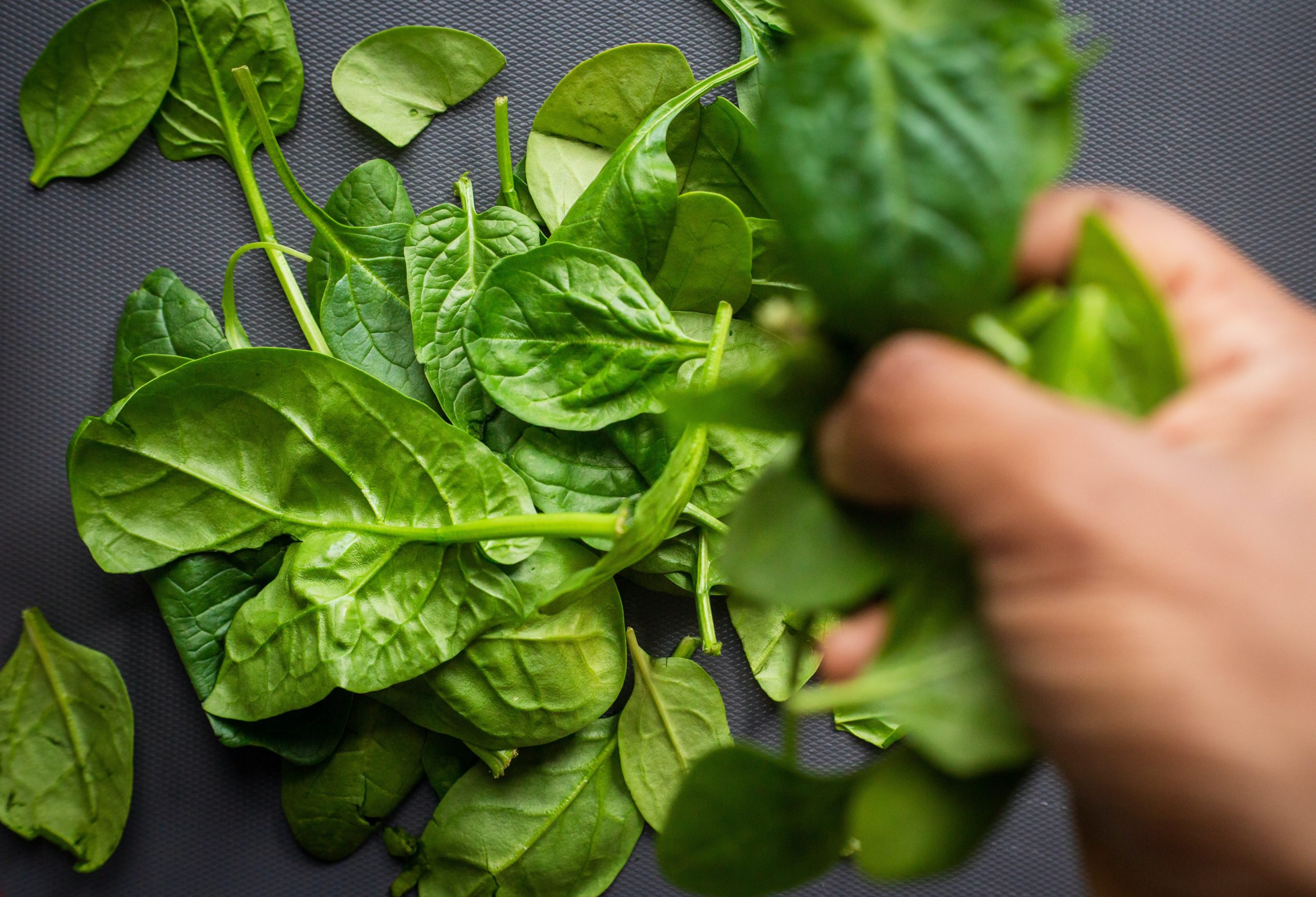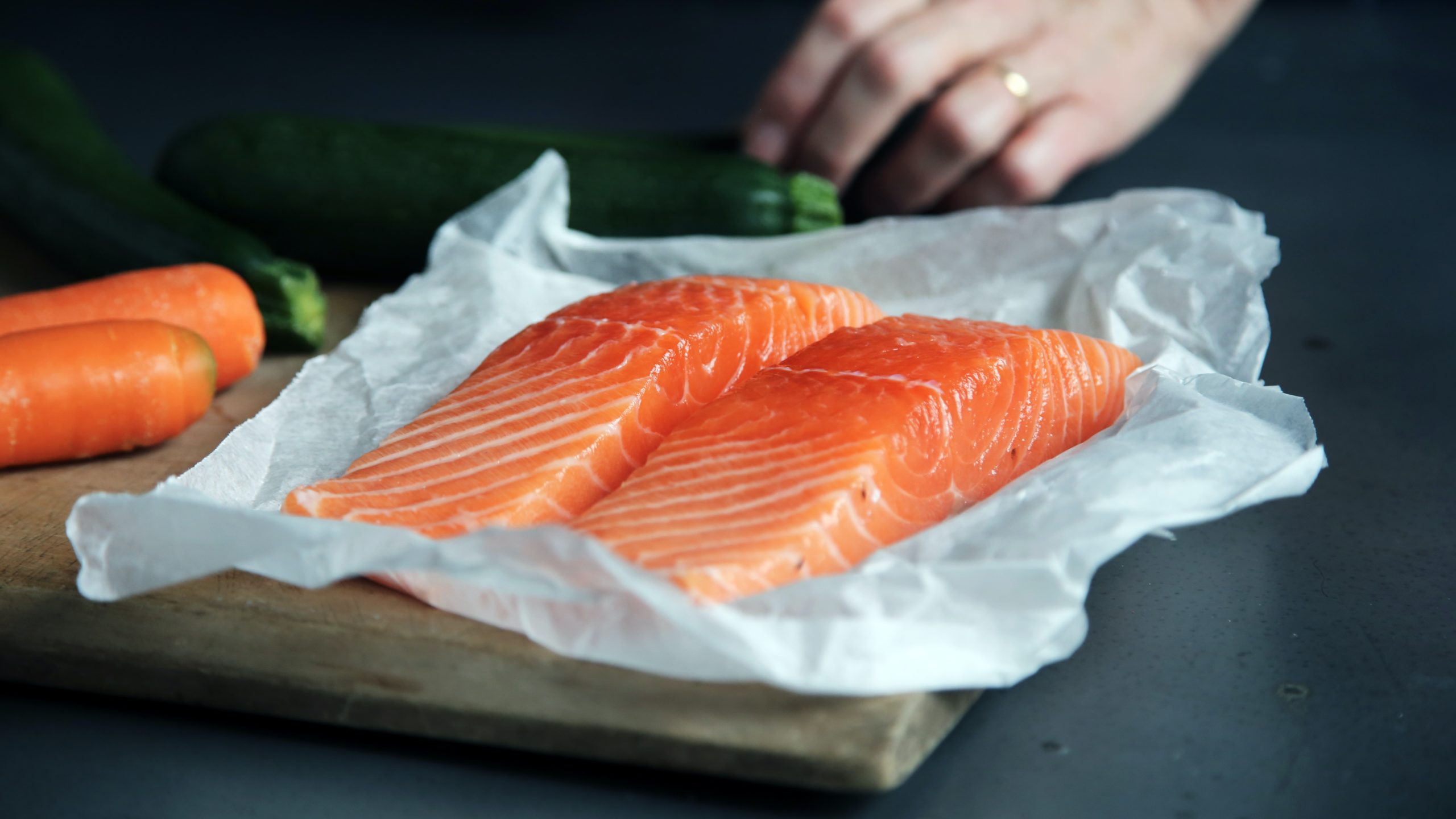You may have realized from my other blog posts that our diet can have a big impact on our memory and brain function. Nutrients in our diet affect both the structure and function of our brains.
Studies show that diets rich in some nutrients can positively impact our brain function and keep us sharp as we age!
Omega-3 Fatty Acids
Omega-3 fatty acids can be found in many polyunsaturated fats. Our bodies use them to support cell walls, regulate inflammation and support energy production. Additionally, omega-3 fatty acids can decrease our risk of developing Alzheimer’s disease, dementia and other cognitive problems.
Some omega-3 rich foods to include in your brain-boosting diet are,
-
- Salmon
- Tuna
- Mackerel
- Flaxseed oil
- Chia seeds
- Soybean oil
- Walnuts
You can learn more about omega-3 fatty acids from the National Institute of Health’s Fact Sheet.

Antioxidants
Antioxidants protect our bodies and brains against free radicals that can damage our DNA and play a key role in brain health. Our brains use large amounts of oxygen. As a result, our brains are particularly exposed to free radical formation and damage. However, antioxidants can help limit free radical formation and reduce our risk of brain diseases.
Antioxidants are naturally found in many foods and can help reduce our risk of developing some chronic diseases. Some antioxidant-rich foods include,
-
- Strawberries
- Broccoli
- Squash
- Mango
- Sweet potato
- Papaya
Check out my post, “Antioxidants, Simplified.” to learn more about how antioxidants protect our bodies and antioxidant-rich foods.

Vitamins and Minerals
There are many vitamins and minerals that support our brain functions. Some of the most important vitamins & minerals for brain health include vitamin E and B vitamins.
Vitamin E
Vitamin E is one of many antioxidants which protect our bodies against damage from free radicals and slows down the decline in our memory and brain functioning.
Vitamin E-rich foods include,
-
- Sunflower seeds & Sunflower oil
- Almonds
- Hazelnuts
- Peanuts & Peanut butter
- Mango
- Tomato
- Spinach
Check out my vitamin E post to learn more about the fat-soluble vitamin.

Vitamin B6, B9 & B12
Many of the B vitamins support our mental health. Especially vitamin B6, B9 and B12.
Our body uses vitamin B6 to create neurotransmitters, such as serotonin and dopamine and is important for memory. Meanwhile, vitamin B9 (also known as folate) is used to build neurotransmitters and structures of the nervous system (making it very important during childhood and adolescence). Lastly, our bodies use vitamin B12 to create the nerve cells and the covers that protect our nerves.
Foods rich in B-vitamins include,
-
- Tuna
- Salmon
- Breakfast cereals
- Yogurt
- Milk
You can learn more about the individual B vitamins and what foods you can find them in from my posts on the B vitamins.

Unsaturated Fats
Unsaturated fats are one of three different types of fat — saturated fat, trans fat and unsaturated fat. Unsaturated fats get their name from their chemical structure. This mean that they have one or more double bonds in their design and are usually liquids at room temperature.
If you remember from an earlier blog, Everything You Need to Know About Fats, our bodies use fat to create insulation, build cell membranes, and are a source of energy. Our brains contain the second-highest amount of lipids (fats) in our bodies. But unlike other organs and tissues, the brain only has one job for fat — building cell membranes.
Our bodies break down unsaturated fats into unsaturated fatty acids. Our bodies then use unsaturated fatty acids are used to build cell membranes and control what substances can move into or out of our cells.
Some examples of food rich in unsaturated fat include,
-
- Olive oil
- Avocado
- Sesame seeds
- Flax seeds
- Walnuts

10 Brain-Boosting Foods
There are a lot of foods that contain nutrients which support our brain health and function. But it can be hard to decide which ones are better than others. Below are some of the top foods that you can include in your diet to support your brain’s function for the upcoming year,
- Oily fish
- Nuts
- Broccoli
- Eggs
- Pumpkin seeds
- Avocados
- Kale
- Blueberries
- Tomatoes
- Whole grains
The Takeaway
Our brains are the command centre of our bodies. They play a role in essentially everything we do from simple movements to storing memories and our personalities. This is why it is so important to keep our brains working at their best, and our diets can play a role in that!
Nutrients in our diet provide our brain with the building blocks it need to build structures and create hormones, as well as protect our brain from damage by free radicals found in our environment. Including more brain-boosting nutrients in our diet can reduce our risk of brain diseases and mental disorders as well as promote memory formation.
Book Your Free Discovery Call
Book a FREE discovery call today to learn how a Registered Dietitian can help you make sustainable changes to boost your diet and health in 2022.
References
Antioxidants and the brain. (n.d.). Future Learn. Retrieved January 1, 2022, from https://www.futurelearn.com/info/courses/food-for-thought/0/steps/60744
Bourre J. M. (2004). Roles of unsaturated fatty acids (especially omega-3 fatty acids) in the brain at various ages and during ageing. The journal of nutrition, health & aging, 8(3), 163–174.
Burgess, L. (2020, January 2). 12 best brain foods: Memory, concentration, and brain health. Medial News Today. https://www.medicalnewstoday.com/articles/324044
Fata, G. la, Weber, P., & Hasan Mohajeri, M. (2014). Effects of Vitamin E on Cognitive Performance during Ageing and in Alzheimer’s Disease. Nutrients, 6, 5453–5472. https://doi.org/10.3390/nu6125453
Pelley, J. W. (2012). 10 – Fatty Acid and Triglyceride Metabolism. In J. W. Pelley (Ed.), Elsevier’s Integrated Review Biochemistry (Second Edition) (pp. 81–88). W.B. Saunders. https://doi.org/10.1016/B978-0-323-07446-9.00010-6
With a Bachelor of Science in Nutrition and Food Science, Rachel has over 15 years’ experience helping people address their health through nutrition.


